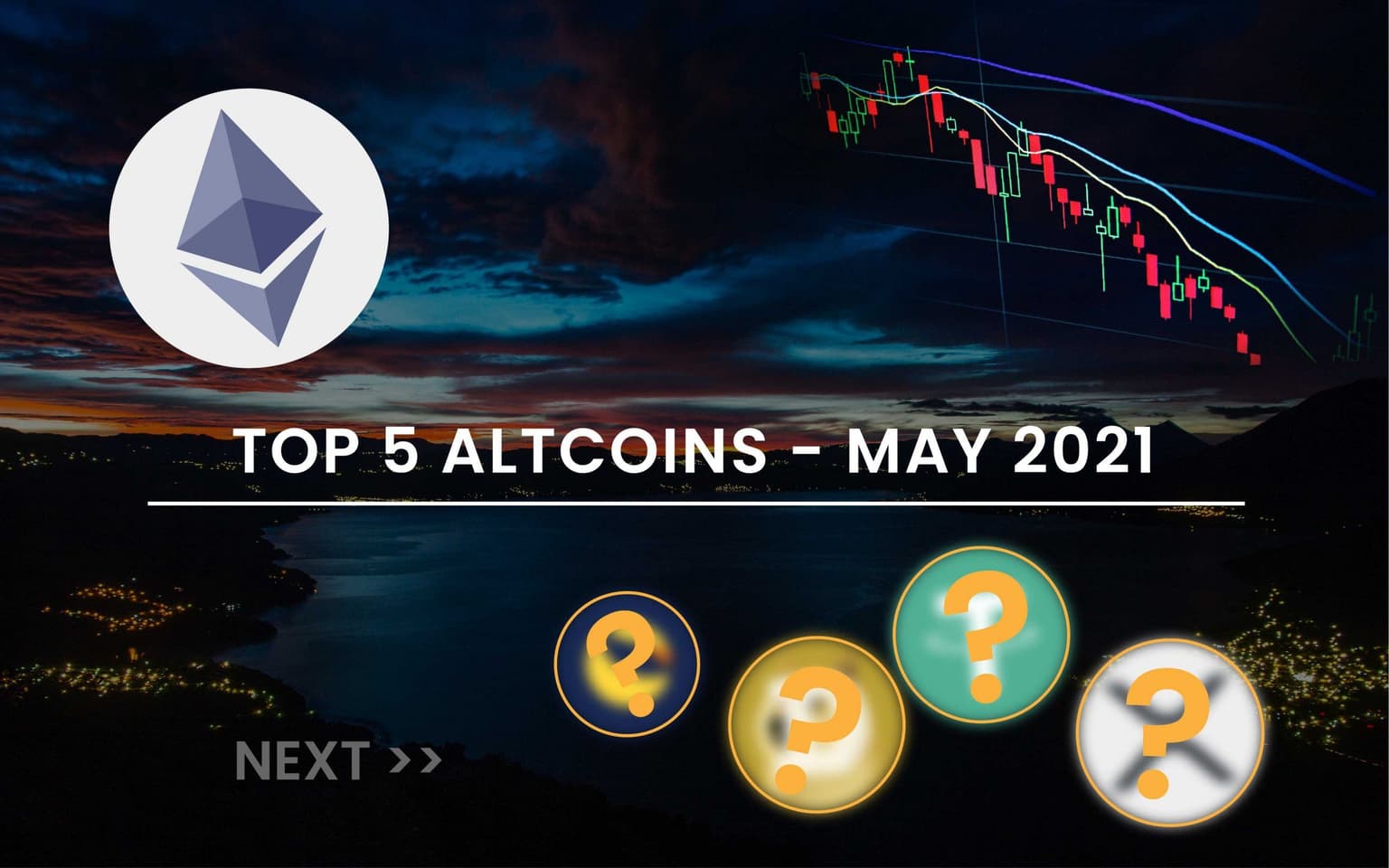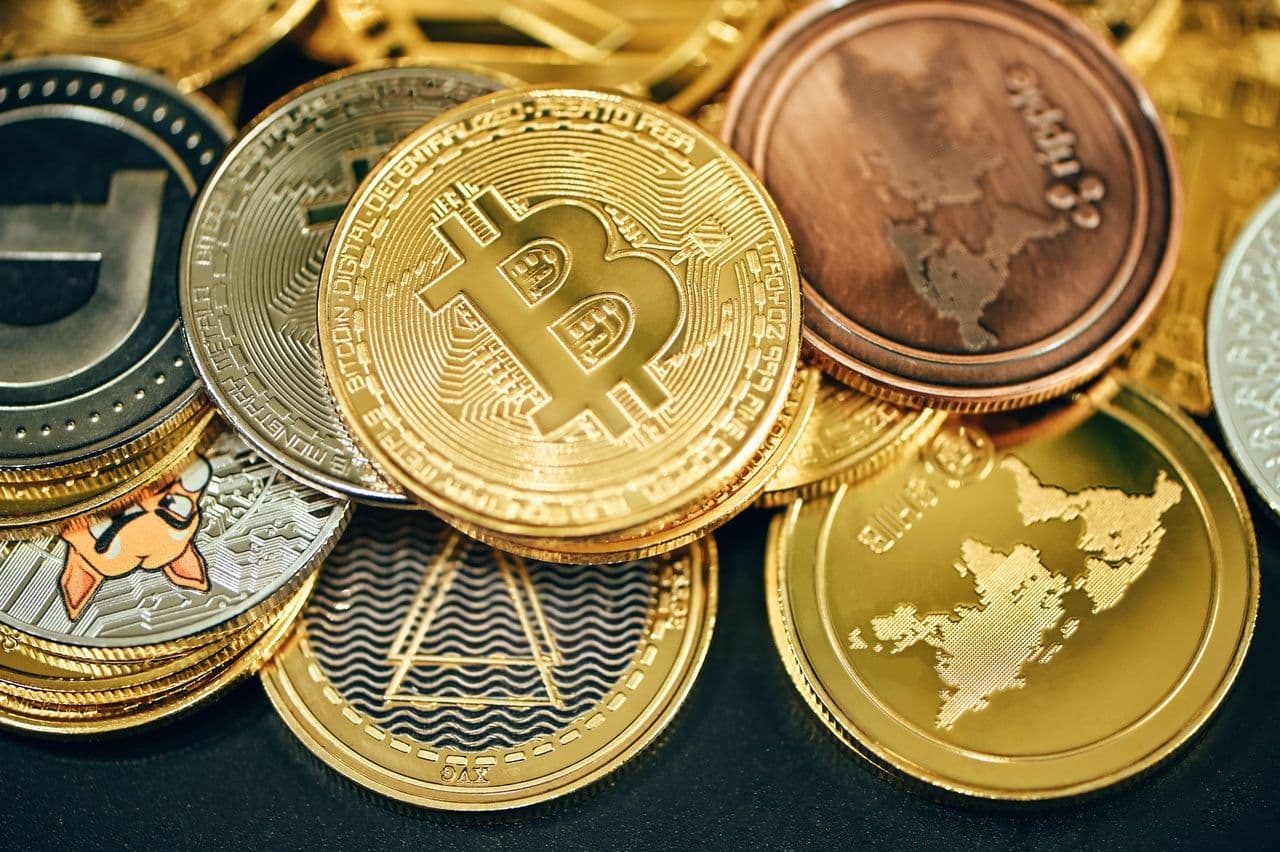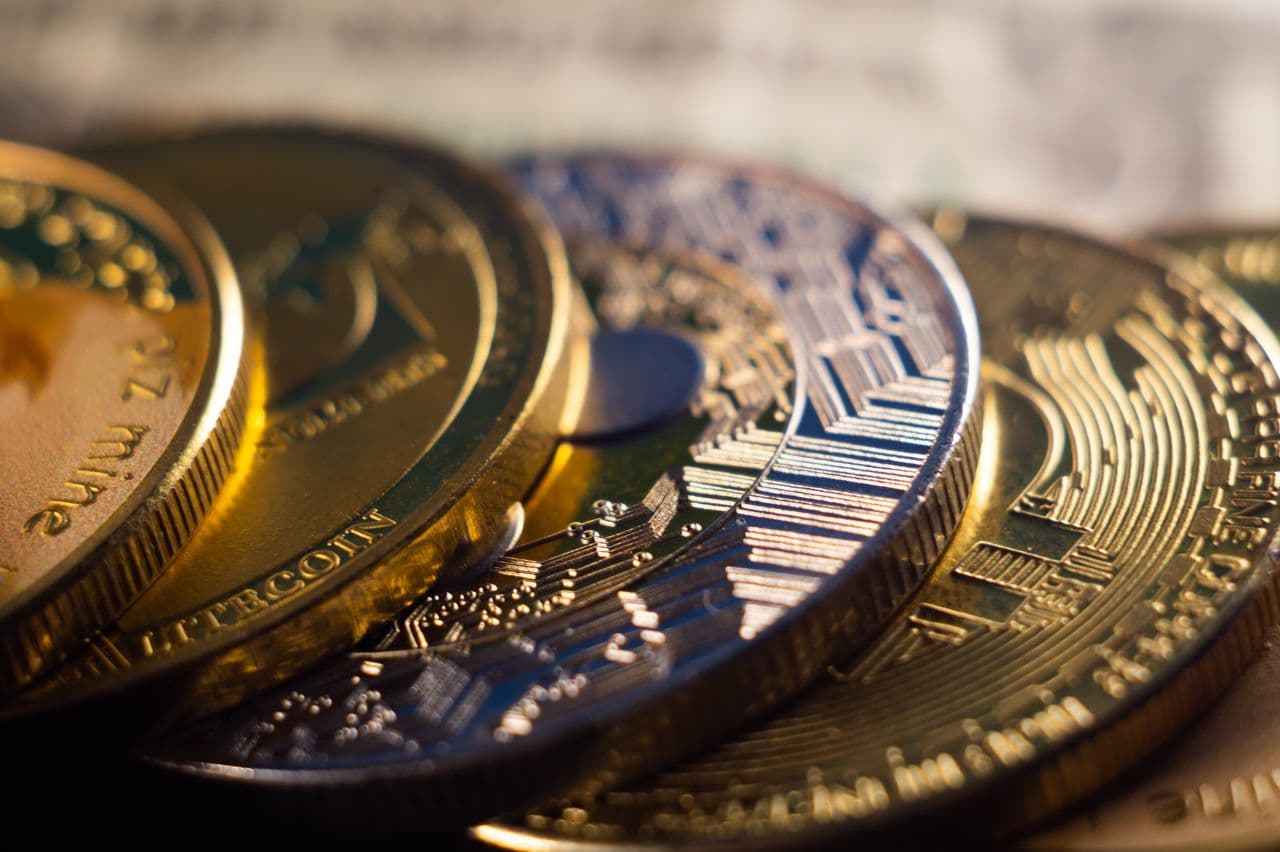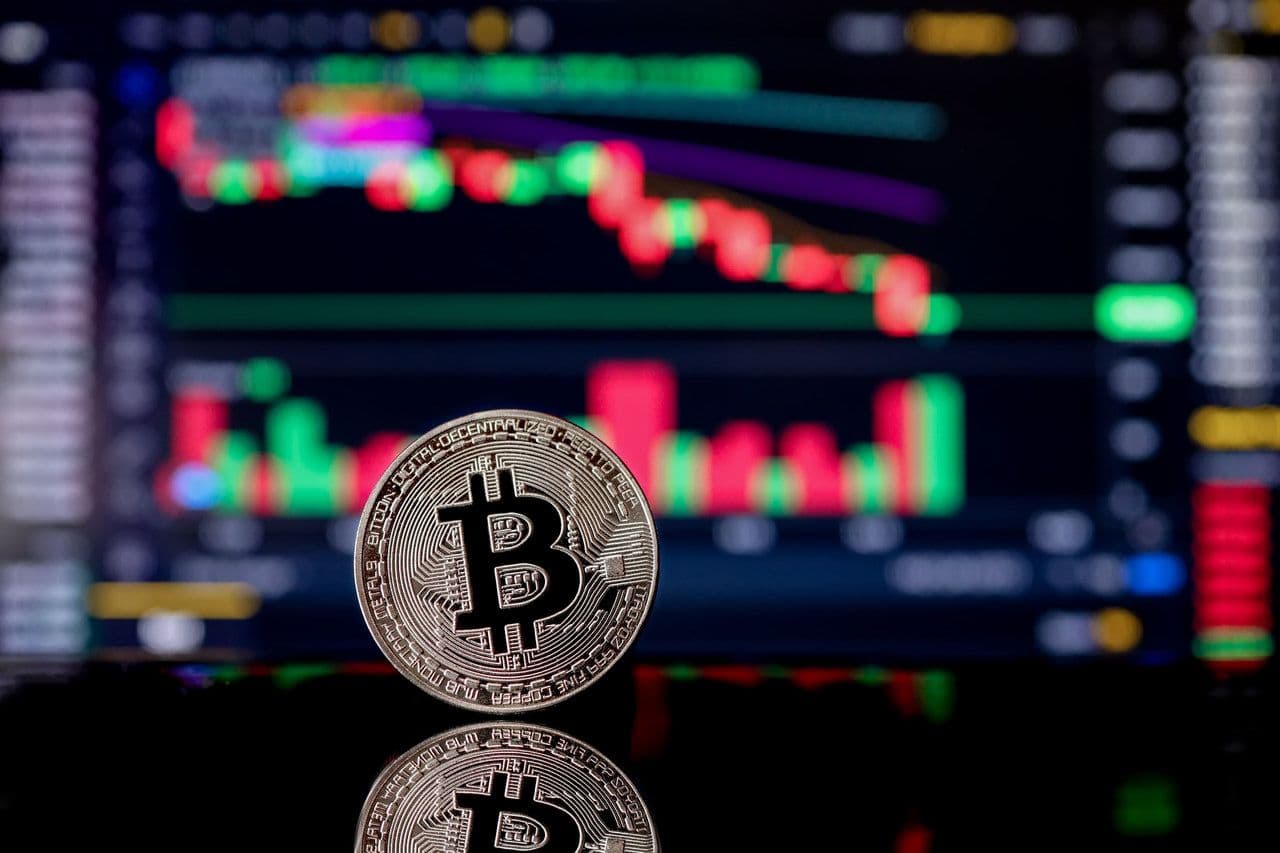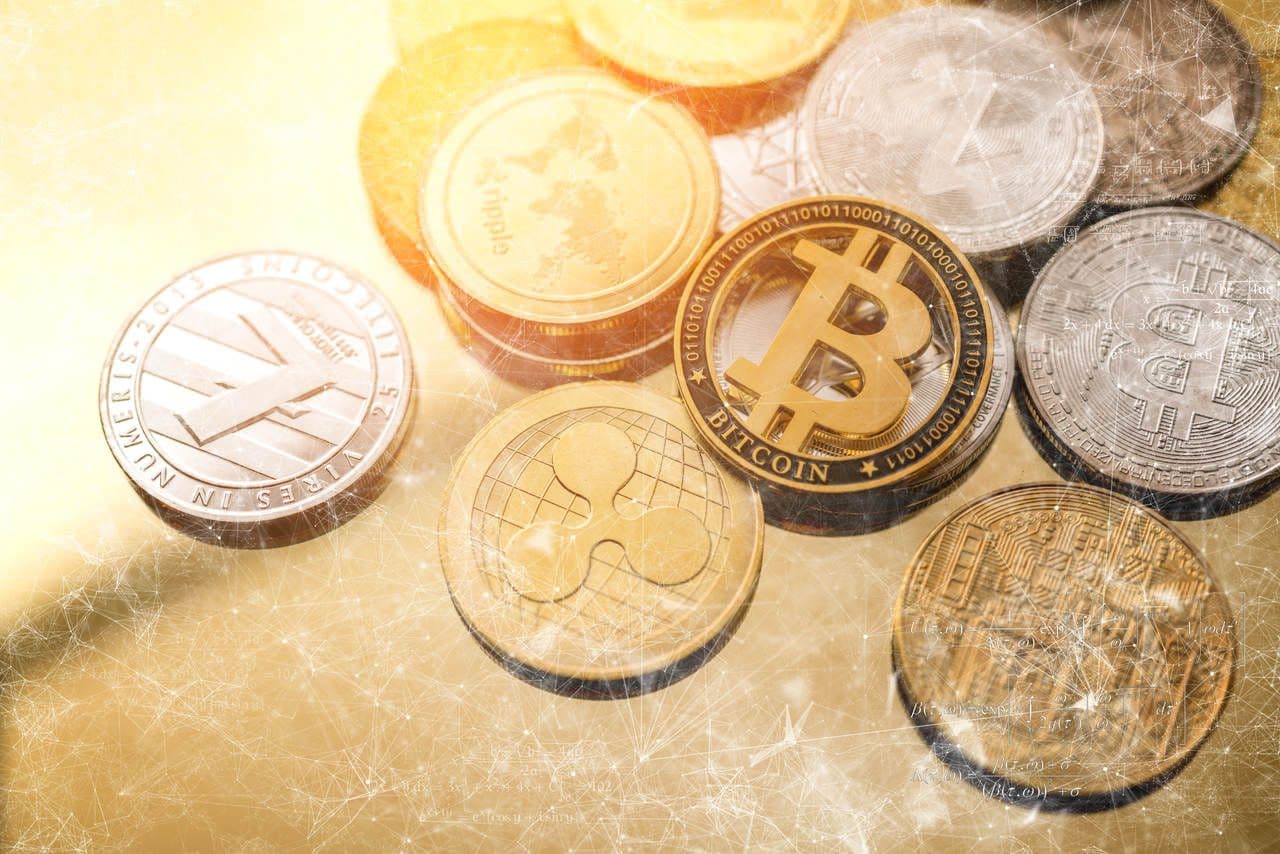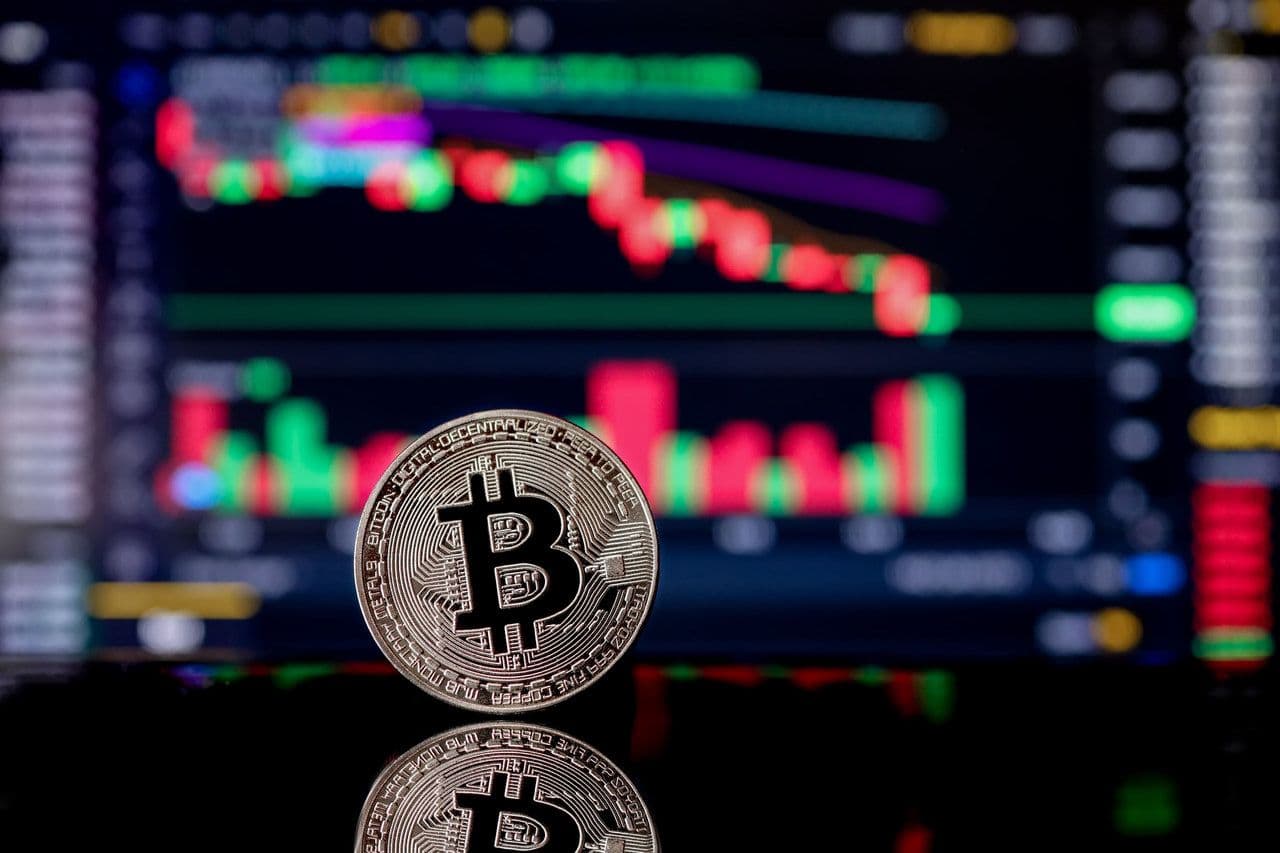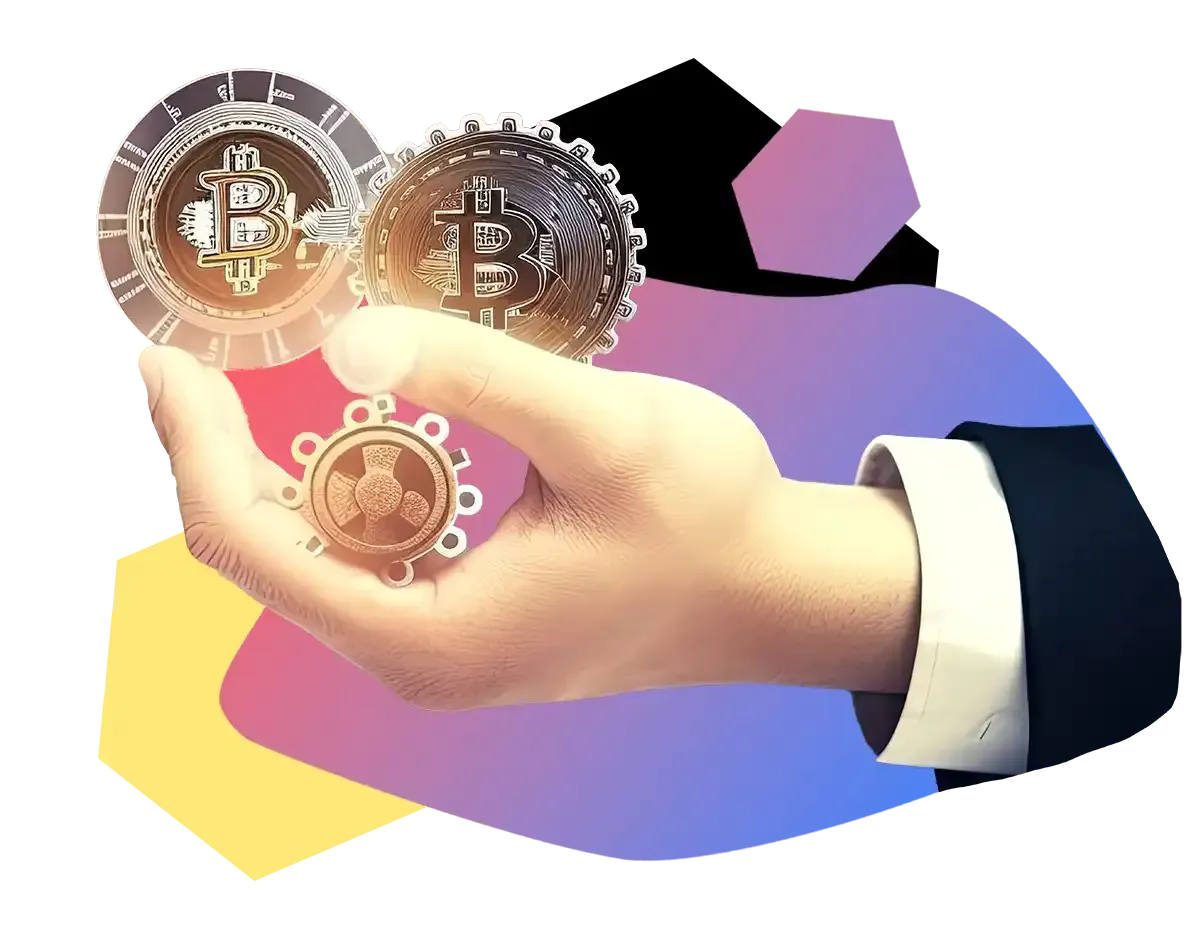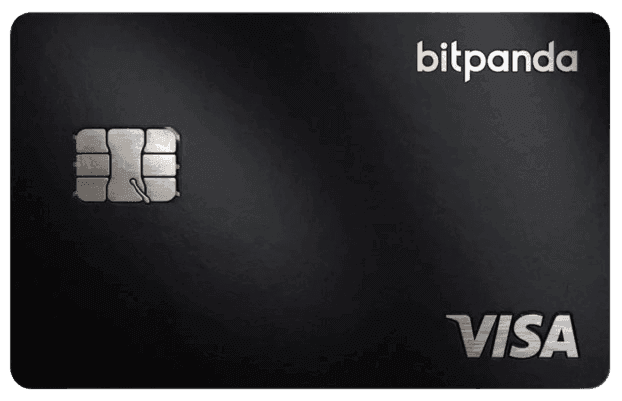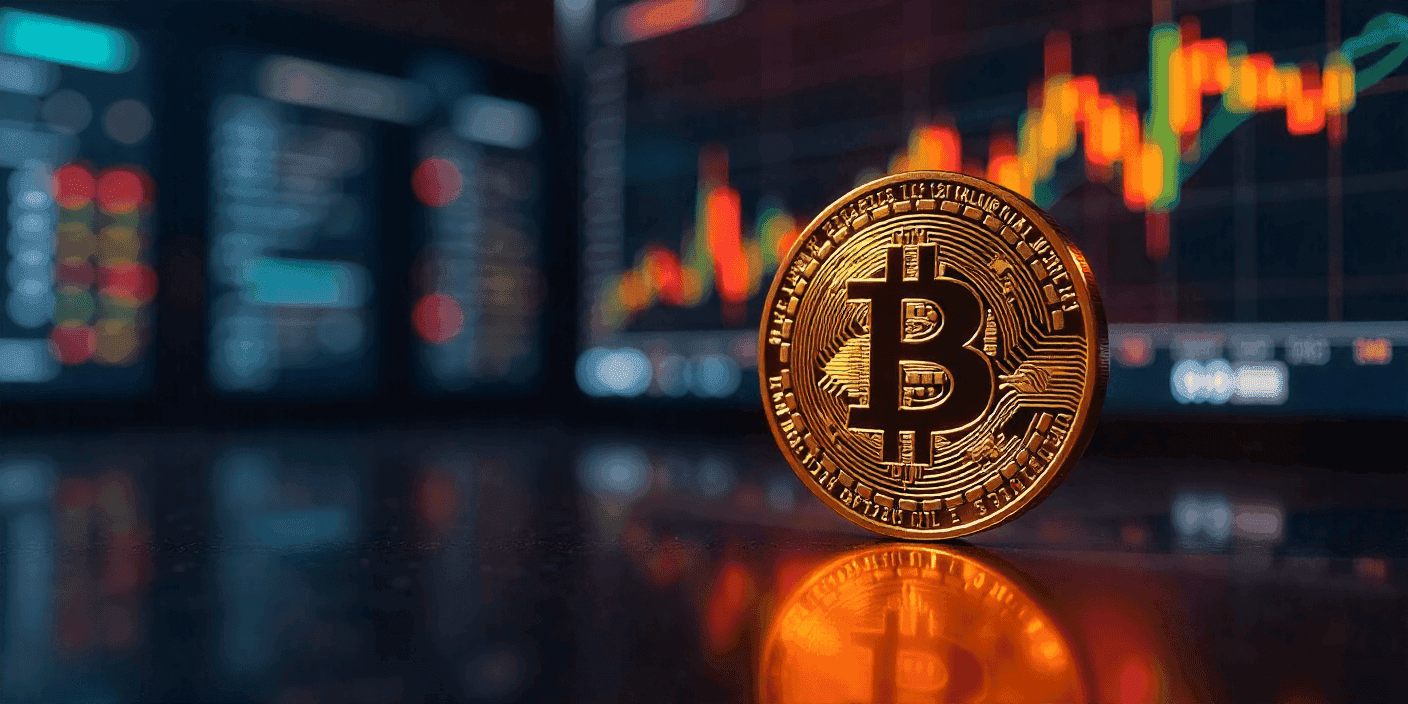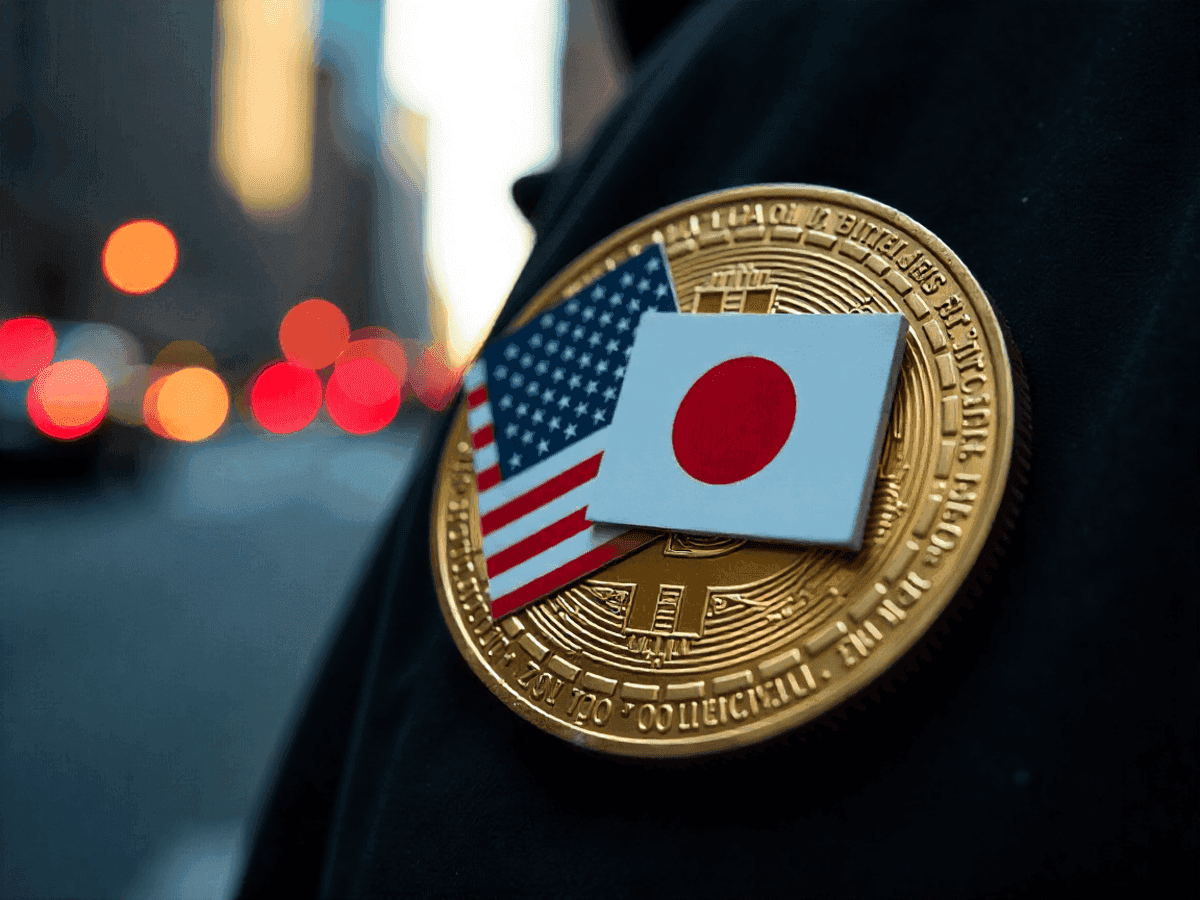Does Bitcoin have Any Intrinsic Value?
Whether bitcoin has any intrinsic value or not, is a very interesting question with a variety of answers and interpretations, depending on who you ask. Bitcoin critics downright reject that the largest cryptocurrency in the world by market-cap has any […]

Whether bitcoin has any intrinsic value or not, is a very interesting question with a variety of answers and interpretations, depending on who you ask. Bitcoin critics downright reject that the largest cryptocurrency in the world by market-cap has any intrinsic (fundamental, basic or inherent) value at all, they posit that it is purely a speculative asset, whose buying and selling is dictated by the sole principle of how much the other party is willing to pay for it. The proponents on the other hand, say that the creation of bitcoin isn’t entirely free, since the mining activity used to generate bitcoins relies on computational power which requires extremely high amount of expensive electricity and computational hardware. They also argue that bitcoin is widely gaining adoption throughout the world, hence the increased usage of the crypto-asset should enhance its value.
Inherent Worth of a Currency
Generally speaking, a currency doesn’t have an intrinsic value. By its own, it doesn’t have any fundamental value. The most commonly used currency today known as cash/paper currency or FIAT, doesn’t cost anything much to be printed. Its value is derived from the fact that Govt accepts it for taxes and proclaims it “as the legal tender for all debts public and private”. In other words, its value is derived from the widespread adoption than any usefulness or worth of its own.
Issuance of Bitcoins
Bitcoin issuance is limited and dictated solely by the cryptographic hash algorithm. The miners contribute computational power to verify transactions as well as secure the network against malicious activity of transaction reversal and double spending. They also are given bitcoins after every block as a reward. The difficulty is adjusted automatically by the code depending on the computational power available to the network. If high computational power is available to the network, the code adjusts the difficulty to be higher so to make the issuance of new bitcoins much harder. On the contrary, if there is less computational power available to the network, the difficulty is set to be low, making it easier to bring new bitcoins into circulation.
In the beginning, few computers secured the bitcoin network so the issuance of bitcoins was rapid and high in number. Since then, the computers and devices, mining/securing the network and providing computational power have progressively risen in number. Currently, it is extremely hard to issue new bitcoins than it was in 2009, when the bitcoin was released. Further, the block rewards reduce by half every 210,000 blocks or roughly four years. When it all started, 50 bitcoins were issued after every block, the value currently is 12.5 and further set to reduce 6.25 soon, raising the scarcity and thus the value by the established principles of supply/demand.
The miners have to spend expensive electricity, buy specialized hardware to manage the network, battle with local policies and regulations, prices on exchanges etc. All of which dictate that logically they aren’t going to sell the gained bitcoins any lower than what they have spent to get it, plus their profits.
Bottom Line
Bitcoin issuance isn’t entirely free but require expenditure of previous resources unlike FIAT, which is issued at will by the Central Banks, endlessly and without any limit. Bitcoin also is gaining widespread popularity and adoption worldwide. A large number of institutions are finally starting to realize the benefits and potential of the “reserve currency of the crypto world”. Similarly, more and more companies, e-commerce sites and retailers, are starting to accept it as a payment for goods and services. Bitcoin does have value, in such case, at least more than the traditional currency.



